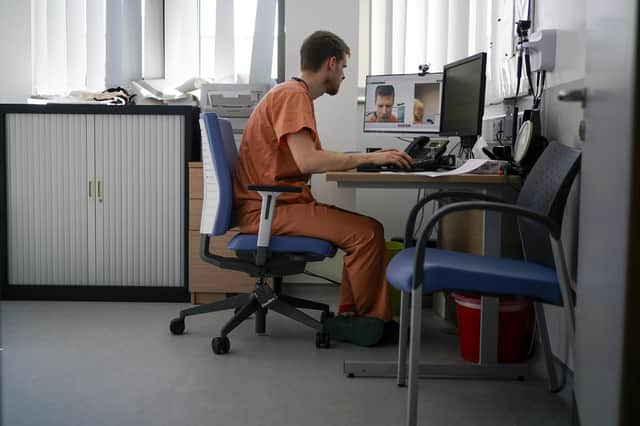NHS crisis in Scotland: GP surgery closures are a symptom of the health service's steady decline – Scotsman comment


News that Braemar could soon be without a GP is yet another reminder of how bad the NHS crisis has become. The village’s medical practice, which has more than 700 patients, has given notice that it will hand back its contract to NHS Grampian in December, after efforts to replace a retiring doctor failed.
If it goes ahead, this will be the latest closure in a long trend. Between 2012 and 2022, Scotland lost ten per cent of its GP surgeries, while nine per cent of those remaining no longer accept patients. Meanwhile, a Royal College of General Practitioners’ survey found about a third of GPs do not think they will still be working for the NHS in five years’ time.
Advertisement
Hide AdAdvertisement
Hide AdEarlier this year, Inverurie Medical Group, one of Scotland’s largest practices with more than 25,000 patients, announced it would hand back its NHS contract because of recruitment issues, but then reversed that “incredibly difficult” decision two months later. The health service is struggling to survive, but also shrinking before our very eyes.
One reason is that, while Scotland has roughly the same number of GPs as it did in 2013, significant numbers now choose to work part-time. Often, doctors will have done this to reduce the stress of dealing with overly large caseloads.
As the name suggests, 'primary care’ is the NHS’s frontline. If people cannot get an appointment or give up trying, it is likely that their conditions will be diagnosed at a later date, which is bad for the patient’s prospects and for the NHS’s bottom line, as more expensive treatments may be required.
GPs also help take the pressure off hospital A&E departments, which have been struggling to cope with the numbers of patients coming through the front door as a lack of social care provision prevents people from leaving beds they no longer need for medical reasons.
The health service faces huge problems. It is clear one of the solutions has to be ensuring enough people actually want to work as GPs. Until general practice is restored to rude health, the NHS Scotland crisis will continue.
Comments
Want to join the conversation? Please or to comment on this article.
